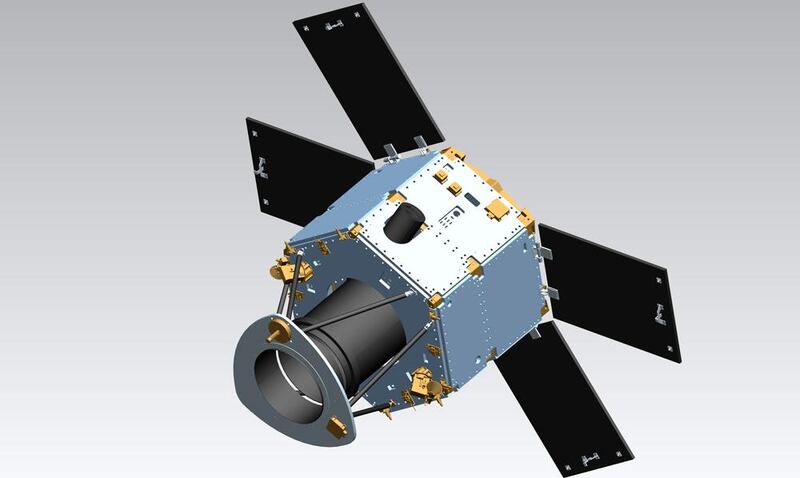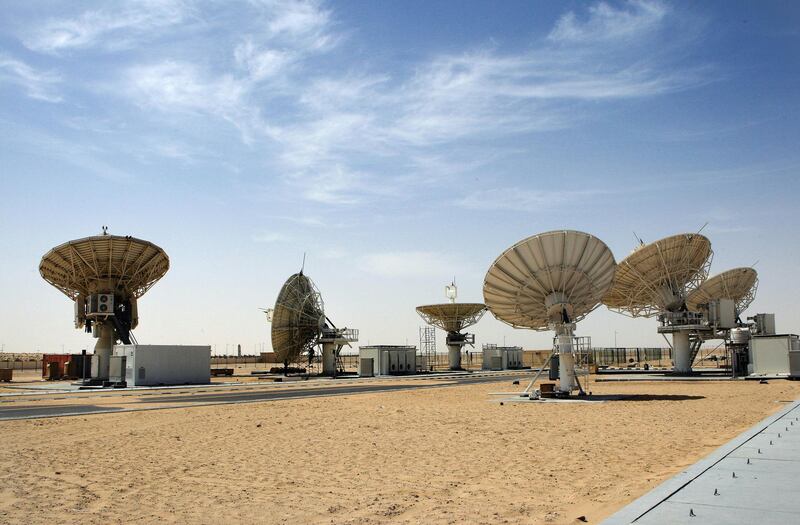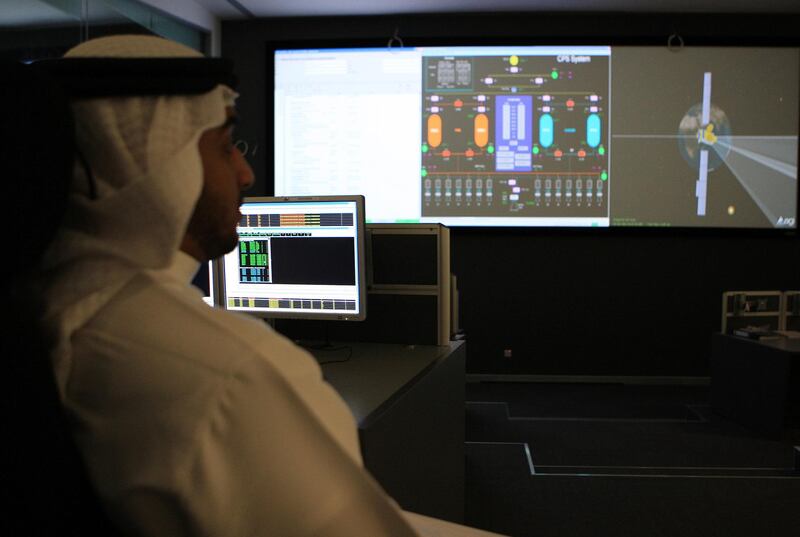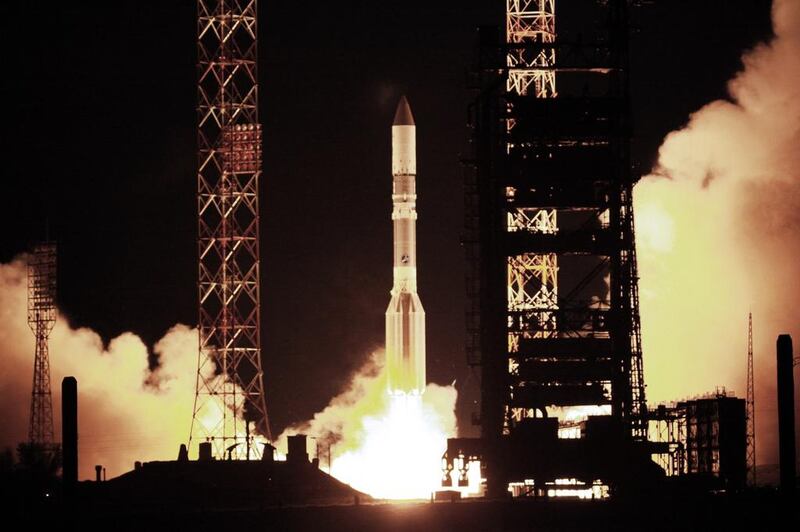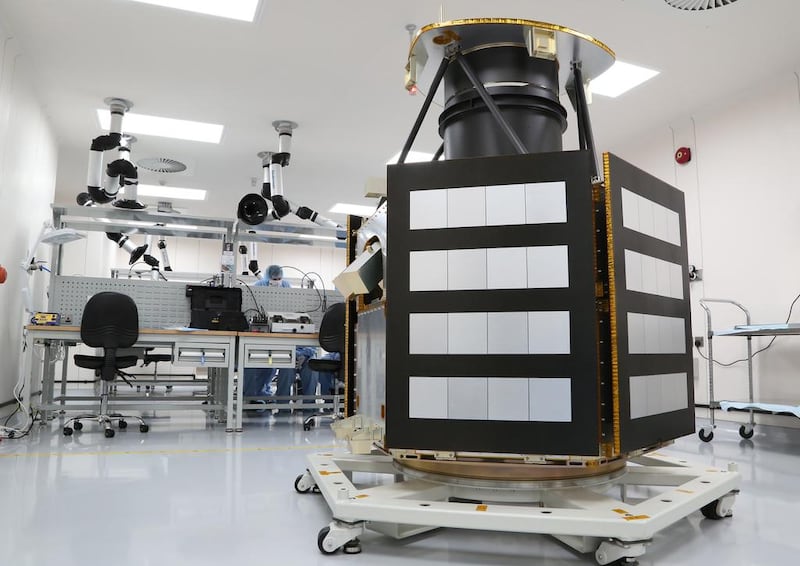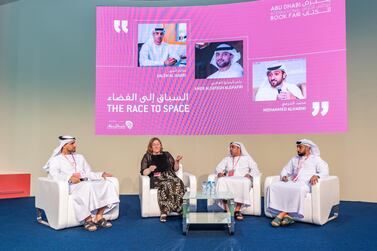The UAE Space Agency and Exolaunch have announced a joint agreement to launch MeznSat, a satellite developed by students, into orbit by the end of 2019.
The agreement was signed during the Global Space Congress in Abu Dhabi, which took place in March.
Students from the American University of Ras Al Khaimah and Khalifa University developed MeznSat, which will operate using a shortwave infrared spectrometer to measure methane and carbon dioxide levels in the UAE’s atmosphere.
A team of students will monitor, process and analyse the data sent from the satellite at a ground station in YahSat Labs in Khalifa University.
“The MeznSat project falls within the framework of the UAE Space Agency’s strategy, which aims to develop Emirati capacities and expertise and support scientific research," said Dr Mohammed Al Ahbabi, director general of the UAE Space Agency.
"The satellite will play a key role in studying the Earth’s atmosphere and providing high-quality data that will help to address the many challenges facing our planet.”
Abdulla Al Marar, head of space projects at the agency, said that in the coming months the team will assemble the satellite and then conduct tests in a simulated space environment to ensure that MeznSat will operate efficiently in orbit.
“MeznSat will join the outstanding collection of satellites developed, owned and operated by the UAE for a breadth of purposes, from remote sensing and Earth observation to communications and navigation, collectively showcasing the UAE's position and leadership within the space industry,” Mr Al Marar said.
The UAE Space Agency has launched several satellites since it was formed in 2014.
But the first satellite built entirely on UAE soil, KhalifaSat, was not launched until October 2018. KhalifaSat was also first to be built by Emirati engineers.
Before the space agency was established the UAE launched satellites made by Airbus, YahSat 1A and 1B, and Boeing, Thuraya 1, 2 and 3.
It also launched the MBRSC DubaiSat-1 and DubaiSat-2, developed as part of a technology transfer programme with South Korea's Satrec Initiative.
More recently in November 2018, UAE-built MYSAT-1 successfully launched. It was crafted by a team of 20 students at Khalifa University.
The UAE is also developing a satellite that will orbit Mars, which is set to be launched in 2020 as the first mission to the Red Planet by any Arab or Muslim majority country.
The Mohammed bin Rashid Space Centre in Dubai is looking to create the first holistic diurnal picture of Mars' atmosphere with three science instruments mounted on an orbiter.
It intends to reach orbit over Mars in early 2021.
